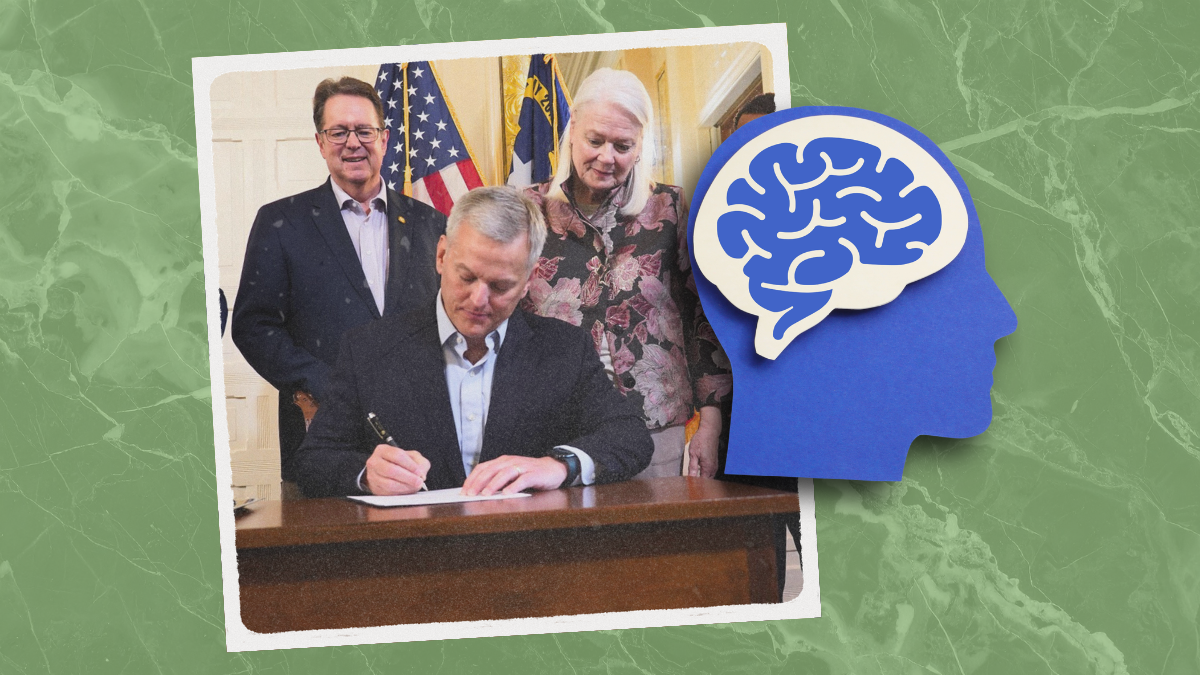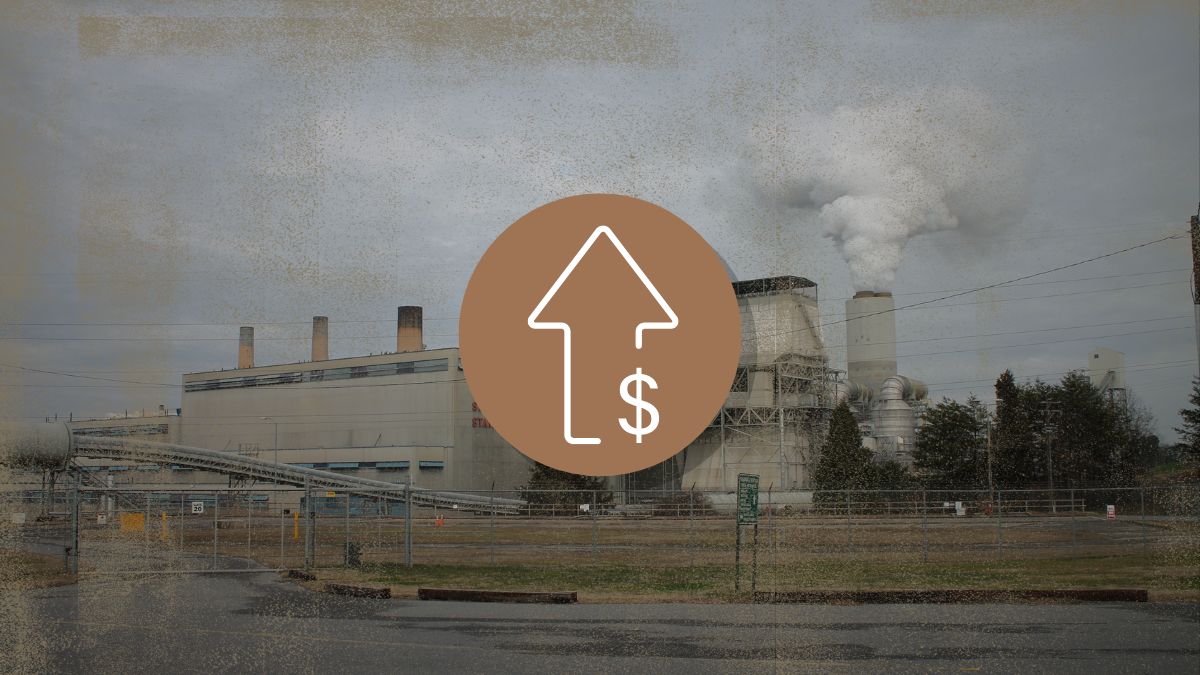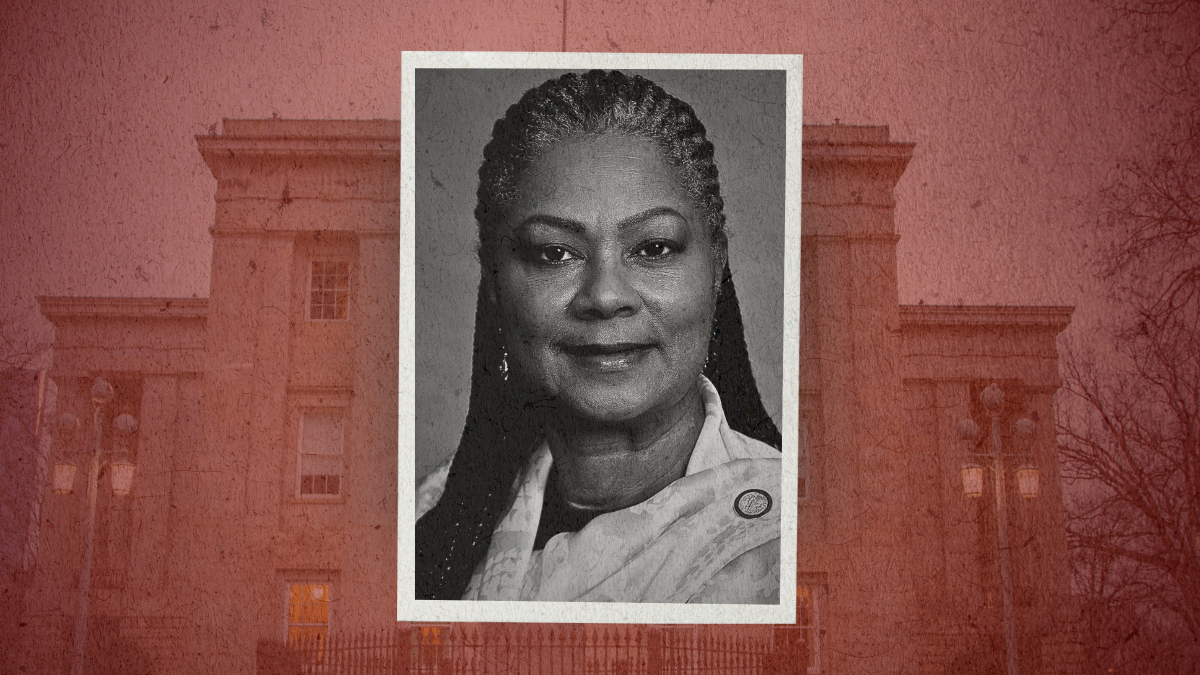Mission Hospital nurses and their patients are in the path of several runaway trains at once. But Mission’s struggles are not just about a single hospital: This is a national...
Read MoreMission Hospital nurses and their patients are in the path of several runaway trains at once. But Mission’s struggles are not just about a single hospital: This is a national...
Read More
Advocates argue that at a time when families are struggling to afford premiums, prescriptions, and medical bills, North Carolina needs leaders who will protect and expand access to care. Whatley’s record shows support for policies that would raise costs and weaken health care security for hundreds of thousands of North Carolinians.

North Carolina Governor Josh Stein’s Energy Policy Task Force released its interim report last month, with a set of nine recommendations for ensuring that North Carolinians have affordable, reliable, and clean energy supplies as demand for energy skyrockets in the state.

Estos desarrollos reflejan el continuo debate en Carolina del Norte sobre el papel de la detención migratoria, las condiciones en los centros de custodia y el impacto que estas políticas tienen en comunidades inmigrantes en todo el estado.

Mission Hospital nurses and their patients are in the path of several runaway trains at once. But Mission’s struggles are not just about a single hospital: This is a national problem.

Compared to 2025, Medicaid enrollment in North Carolina has gone down 22%, with 761,457 people enrolled this year. According to NC Health News, more than 200,000 North Carolinians lost their affordable coverage since the sunset of enhanced premium subsidies.

The current rise in home insurance rates places a heavy cost burden on a significant portion of Black households compared to other communities. According to data from Zillow, 19% of Black households nationwide are cost-burdened, compared to 12% of white households, 17% of Hispanic households, and 18% of Asian households.

As the primary for US Senate heats up, Republican candidate Don Brown has gained the attention of MAGA extremists from North Carolina and beyond, including President Trump’s ex-lawyer Sidney Powell.

“When people in crisis do not get help in time, the consequences can be tragic,” Gov. Stein stated during the order’s announcement. The order points to a number of high-profile cases where lives were lost at the hands of individuals with complicated mental health histories.

Unfortunately, this holiday season is different. Our business has been impacted by the reckless tariffs from Washington, DC. The tariffs are driving up prices of our goods 20 to 50 percent, and some vendors have used the tariffs to further raise the price of goods and even shipping. Some of our customers’ favorite brands have stopped shipping to the United States entirely. And unlike corporate retailers, we don’t have any negotiating power.

BEACON MEDIA GUEST FEATURE By Sam Grote, CEO of N.C. Business Impact Forum Duke’s latest request to the state to increase our power bills even

In 2025, Cunningham sided with Republicans more than any other Democrat, voting with the GOP 84% of the time on key issues such as immigration, the environment, government transparency, and the separation of powers.

North Carolina’s primary elections are quickly approaching. There are a few important dates you should know, as well as some rules about early voting and voting by mail. Since the last election, there have also been changes to some early voting sites and days, and two voting districts have even had their boundaries redrawn.

In 2025, Rep. Majeed ultimately voted with Republicans 70% of the time– despite just 13% of his district voting for the conservative NC House candidate in 2024.

As the delay continues, schools are left deciding which services, programs, and staff members they can afford to keep. Across the state, teachers and other state employees are also dealing with rising bills and ever-increasing health insurance plans, with some seeing their monthly premiums nearly triple. With no budget to deliver much-needed raises, this amounts to a pay cut for many.